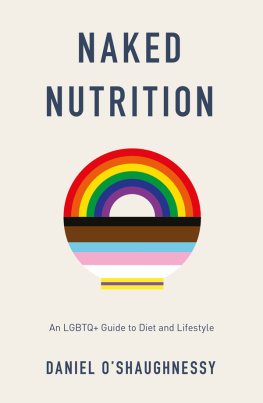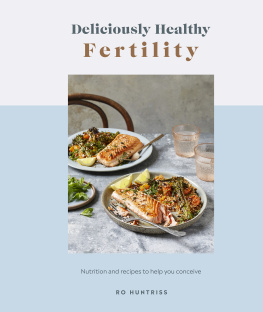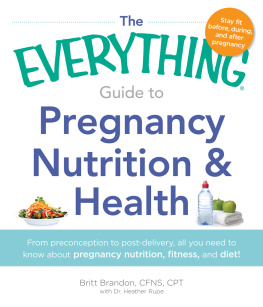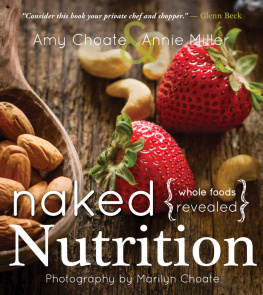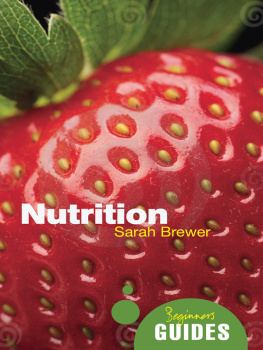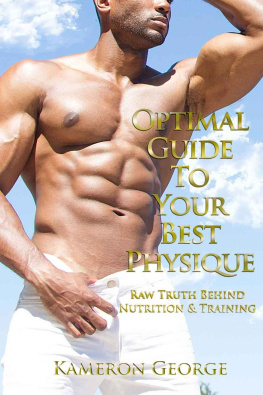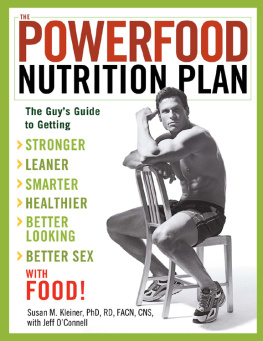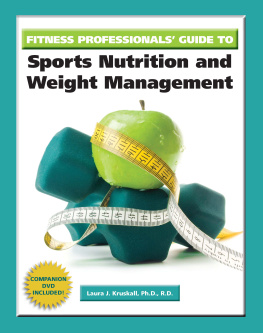Daniel OShaughnessy Dip ION FdSc mBANT CNHC IFMCP is an award-winning nutritionist and certified functional medicine practitioner who has helped over a thousand clients find better health. He discovered his path to nutrition through suffering his own health issues. Through research, Daniel was able to come to understand the factors which helped alleviate his symptoms, giving him more energy, and a full understanding of how his body and mind are meant to function.

To every rejected kid who doesnt quite know their worth yet. It gets better, I promise .
CONTENTS
In 2019, I was fortunate enough to be invited onto my first voyage on a gay cruise ship. I was a little hesitant about this but my friends assured me that it would be life-changing. Fast forward to the sail date, I found myself surrounded by 5,000 LGBTQ+ individuals, most of whom identified as gay men.
I think it was at the disco-themed party where it all clicked. I was surrounded by sequins, glitter and metallic jumpsuits on a boat in the middle of the Caribbean Sea, living a week of my life as a majority for once. Some guests had come from parts of the world where it was illegal to be their true self, others from very small towns where they darent express their sexuality in fear of being disowned by family and others around them. Under the giant disco ball, I found myself thinking about work (hard not to when youre self-employed) and how this community in front of my eyes wasnt catered for. Some people I was introduced to asked my profession. The moment I said that I was a nutritionist, the immediate retort was What can I do to recover from this week? My reply was always the same: Pace yourself and get plenty of rest afterwards. This recurring question set my mind in a frenzy about the many ways in which nutrition and lifestyle interventions could be applied to LGBTQ+ individuals and how important a specific health resource would be for the community. My nutrition work was already largely LGBTQ+ focused but I guess I needed the idea to hit me in the face before I decided to do something about it.
I have been practising as a nutritionist for nearly ten years at the time of writing this book. I qualified as a nutritional therapist in 2012 and furthered my study by becoming a Certified Functional Medicine Practitioner from the Institute for Functional Medicine in 2019. During my time in practice, I have completed over 1,000 hours of one-to-one clinical work and worked with clients a large percentage of whom identify as LGBTQ+ for a range of health issues. More and more, I began to see themes emerge which highlighted individual needs among LGBTQ+ individuals. This included specific health issues such as sexual health, supporting a transgender individual while they are transitioning, understanding the needs of someone who is living with human immunodeficiency virus (HIV), fertility nutrition for same-sex couples, mental health considerations for the LGBTQ+ population, addiction, as well as lifestyle behaviours that might be more common in sections of the LGBTQ+ community such as club drug and anabolic steroid use.
When the layperson thinks about nutrition, they think about gym, fitness and eating a balanced healthy diet. The truth is nutrition has developed to encompass so much more than that. Not only can nutrition play a role in maintaining weight but there is also vast research available showing that the food we eat plays a massive role in our everyday health and helps support health conditions we may experience.
Just as with specialisms such as womens health, mens health and childrens health, why cant there be a corner for LGBTQ+ health? Our community has specific health requirements that need to be considered. Its important to be able to empathise fully with regard to specific health issues but there are also general issues which need to be tailored to the LGBTQ+ population. An example is digestive health where someone who is having digestion concerns may be seeking advice due to the impact on their sex life. Guidance needs to be tailored to the lifestyle of the person and this is something which is currently not addressed directly to this community.
When thinking about gay health, people may wrongly assume that its about a man with a ripped six pack and pecs who lives in the gym and gets by on chicken, lettuce and protein shakes. However, this stereotype of a gay man comes from media sources displaying toned male cover models or featuring shirtless fitness routines. Although sex sells, the illustration of a fitness model is not reflective of the gay community, nor does it represent the full LGBTQ+ cohort and their health needs. LGBTQ+ health and well-being, aside from fitness and diet, are rarely considered and ultimately the community is failing itself by either not being aware of how to support specific health issues or being too focused on aesthetics or crisis interventions.
In short, LGBTQ+ health and well-being can span a huge subject area which includes HIV support, transgender nutrition, fertility for those considering having a biological child, substance use and addiction, sexual health, mental health and also weight management and fitness. A lot of these topics have been covered in other books but I wanted to bring these all together, tailored to the LGBTQ+ community. I also believe it is important that our community is inclusive and understands the issues across the spectrum and has the resources in one place, so that anyone can read and really relate to the book.
Naked Nutrition is a comprehensive wellness source for any LGBTQ+ health topic. It is designed to help you, the reader, step up and take responsibility for your health with quick and simple advice to incorporate into your daily life. As I say to most of my clients, I want the recommendations to work for you and your lifestyle. That means if you can only make one or two changes before considering more, thats great. This is a much more effective approach than taking on too much at once and giving up, or just doing nothing. I recommend reading the whole book and then deciding what you can implement into your daily life.
With millions of books, websites and articles on health and well-being out there, it can be hard to know what is the best diet to follow or how you should be eating for your health. Should you be doing a ketogenic diet, or go vegan, or calorie count to lose weight? My aim here is to give you the basics of a healthy diet to provide the foundation on which you can build with targeted support for a particular area. If you do not have the foundations right then the specialised support will just be a drop in the ocean. For example, supplements will do little if your diet is full of junk food and sugar.
Nutrition is quite a complex subject and while the gold standard of proving something works is with a double-blind randomised controlled trial, its hard to get this with LGBTQ+ interest subjects. For example, there is no concrete evidence available to understand how to avoid a comedown after partying or what you should do for post-cycle therapy after an anabolic steroid course. Additionally, the research around HIV and nutrition can be conflicting and it is hard to fully understand the impact of hormone replacement therapy around transitioning without considering the individual. Nutrition has so many variables to consider, which means its harder to show something has direct cause and effect. Its challenging to get people to stick to diets in trials long enough to show effect, as nothing really happens in the short term. There are socio-economic factors that may influence research and everyone is unique and responds differently based on genetic and other factors. The point is that you need to apply both the best evidence you can get and also logic to the issue in question for safe, effective, evidence-informed recommendations.

